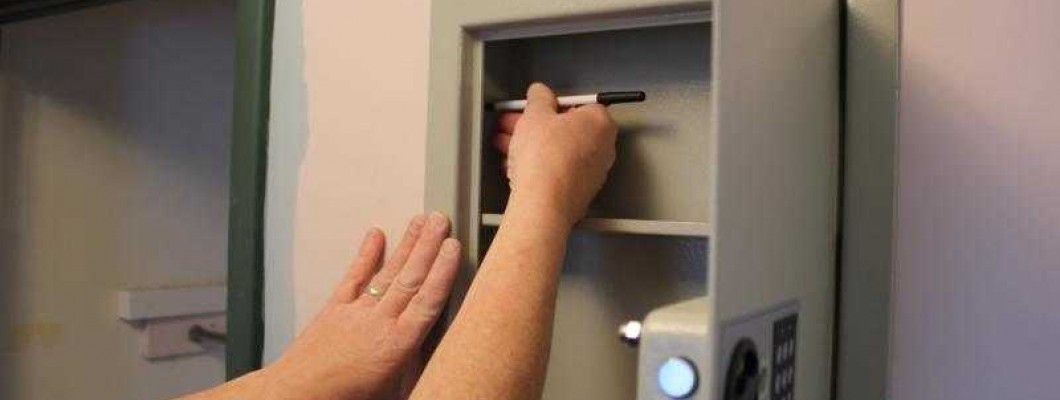
There are many different articles about safes, their selection, installation, and use, but in a nutshell, what do most security experts recommend when it comes to safes?
Do not buy a cheap safe: A safe should be considered a long-term investment, and in most cases, a high-quality but more expensive safe will be cheaper in the long run because its mechanism is less likely to be defective and more resistant to tampering.
Buy a larger safe: At the time of purchase, it may seem that a very small safe is sufficient, but keep in mind that a quality safe will last you many years, during which the number of items you want to store in the safe will inevitably increase.
Choose the right location: Remember that for cold and damp rooms, safes with mechanical locks are more suitable, as prolonged exposure to extreme cold and very humid air is undesirable for electronics.
Ensure secure mounting: If the safe is intended to be mounted to the wall and/or floor, you must secure it properly. A well-installed safe does not attract potential thieves looking for a quick grab, as it requires a great deal of time, skill, and effort to remove.
Consider convenience: If the safe is to be mounted on the wall and/or floor or built into the wall, think about easy access to it, especially if the safe is to be used several times a week. At the same time, consider making it difficult for potential thieves to find the safe.
Choose a fireproof safe: Unfortunately, fires are not uncommon, and if they occur, financially important items (such as documents and cash) can burn within seconds, so it is recommended to store such items in a fireproof safe. For double security, you can choose a safe with both fire and burglary protection.
If you don’t want to hide/carry a key: If the idea of hiding a key and carrying it with you seems cumbersome, choose an electronic safe or a mechanical safe with a code lock.
If you easily forget codes: If you are not a very technical person, easily forget codes, or do not plan to use the safe very often, choose a mechanical safe with a key. This way, you will be sure you can open the safe even after several years, as long as you have the key.
What not to do? Knowing what not to do is just as important as knowing what to do:
· It is important not to overfill the safe to ensure its longevity. Once the safe is filled, its door should close easily, and items should not interfere with the locking mechanism.
· Choose high-quality batteries for electronic safes and replace them on time.
· Do not store the door code, spare keys, or purchase receipt inside the safe. (In case of theft, insurers may require the receipt, but it is better to keep the spare key or receipt with the door code elsewhere because if you cannot open the safe due to lost keys or forgotten code, they will be of no use. You can find a safe hiding place for the spare key, and you can record the code on your phone as a fictitious contact.)
We hope these small tips will be useful to you, but if you need more detailed information, do not hesitate to ask a sales assistant in a safe store or security specialists.





















































